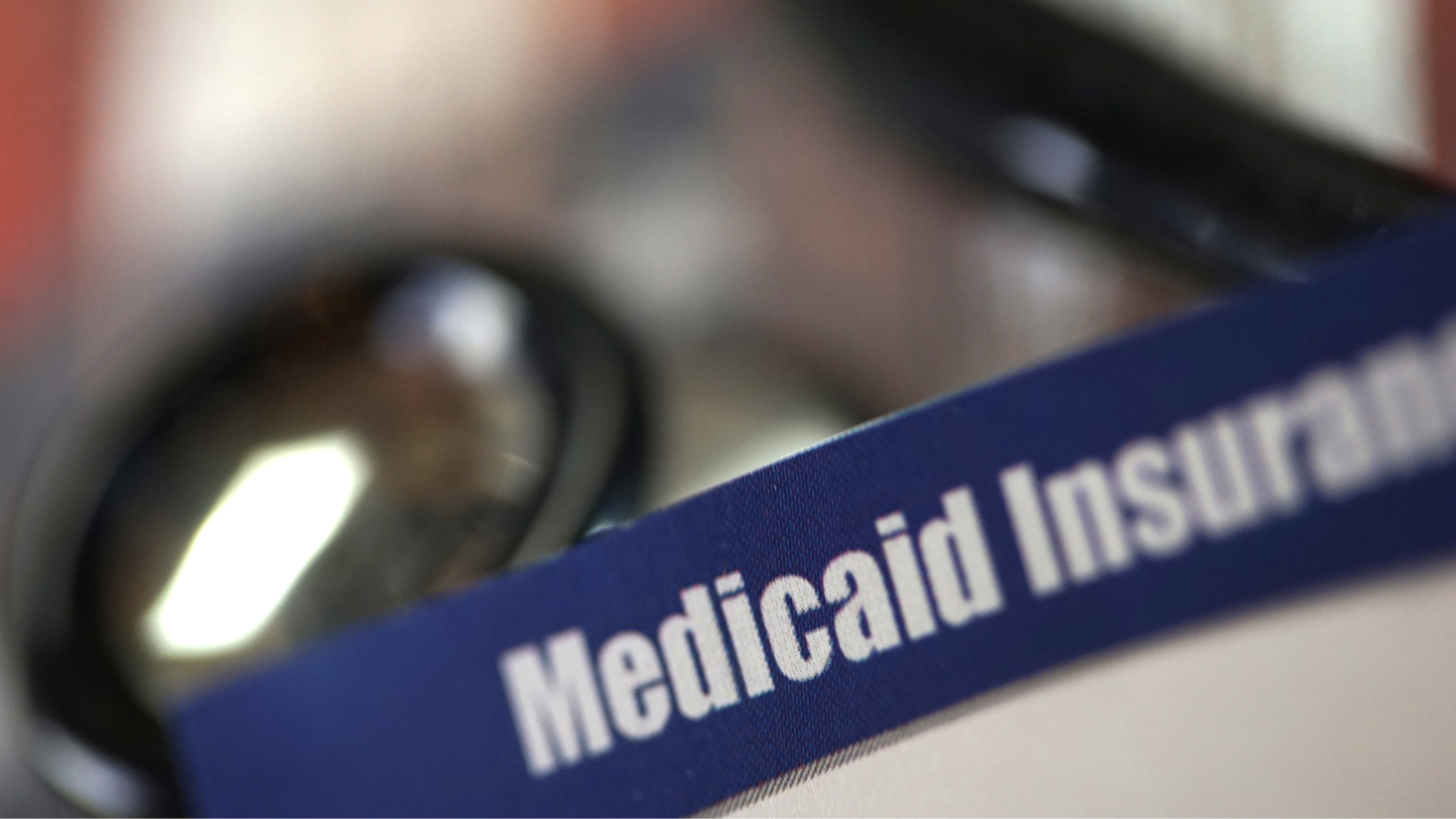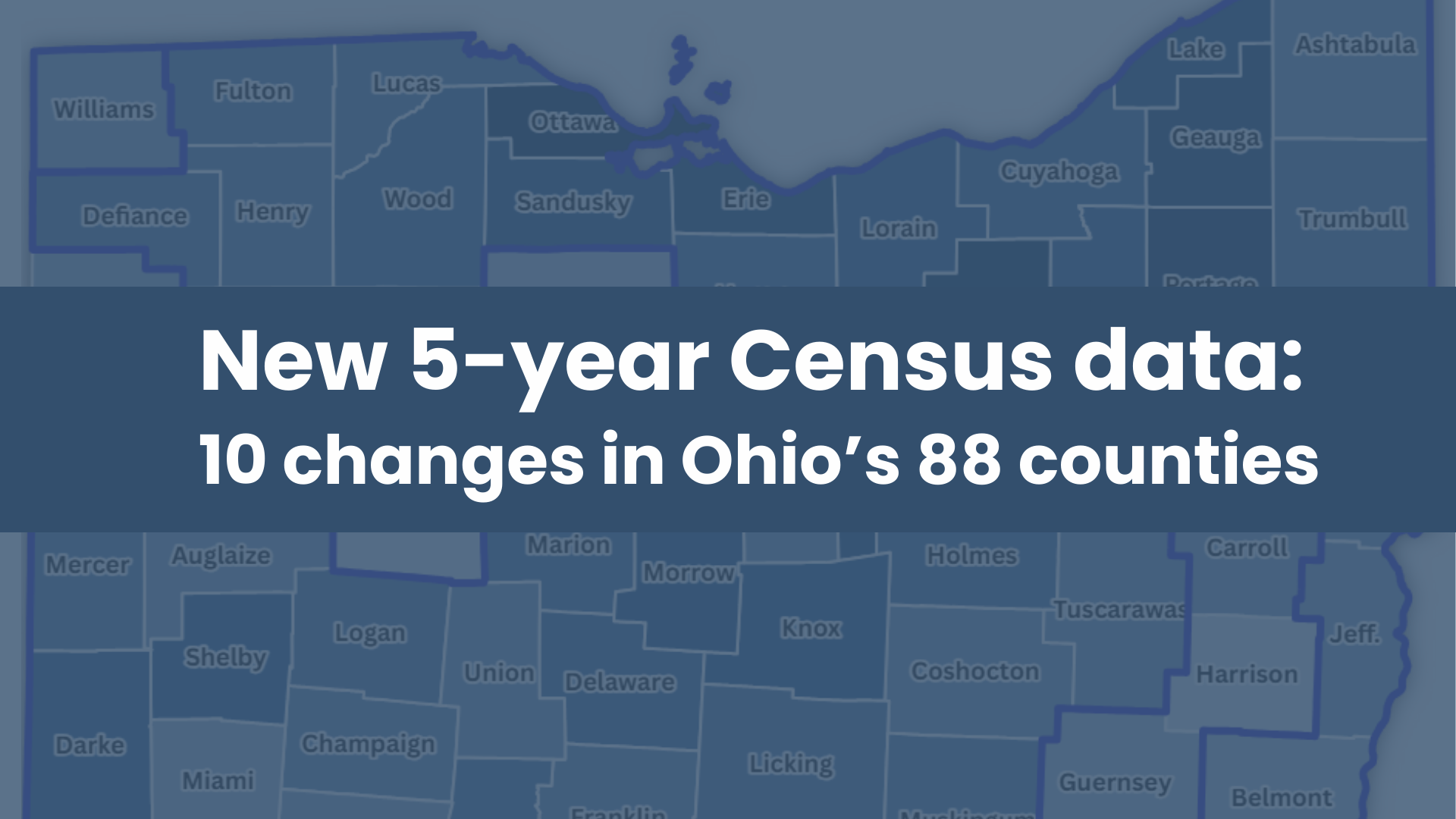
One in five LGBTQ people face employment discrimination. That was one of the statistics shared by American Progress’ Caitlin Rooney before a sold-out room of health and human service leaders, advocates and community members. More than 100 people gathered at the Greater Cleveland Food Bank last week to attend The Center for Community Solutions’ event on how to better serve the LGBTQ community.
In the Midwest, LGBTQ people and their families were nearly 4 times as likely to receive SNAP benefits compared to about the national rate where LGBTQ people and their families are 2.3 times as likely to receive SNAP benefits.
Rooney also stated that members of the LGBTQ community have higher rates of poverty unemployment, food insecurity and health disparities. She said that LGBTQ families also receive benefits like food assistance (SNAP) and Medicaid at a higher rate than non-LGBTQ families. For example, the Midwest has the biggest disparity between LGBTQ and non-LGBTQ people who receive SNAP benefits said Rooney. In the Midwest, LGBTQ people and their families were nearly 4 times as likely to receive SNAP benefits compared to about the national rate where LGBTQ people and their families are 2.3 times as likely to receive SNAP benefits.

Following Rooney’s presentation, a panel of local health and human service leaders, moderated by Mt. Sinai Health Foundation’s Daniel Cohn discussed the issues those in the LGBTQ community face. Panelists Karen Anderson, Special Projects Coordinator of the Cuyahoga County Division of Children and Family Services, Phyllis Harris, Executive Director of the LGBT Community Center of Greater Cleveland, Jason McMinn, Social Worker Coordinator for the MetroHealth Medical Center HIV Clinic and Anne Sweeney, Managing Attorney for Community Engagement at the Legal Aid Society of Cleveland, answered a variety of questions on how their organizations support people in the LGBTQ community who experience poverty.
In order to understand and provide services, providers need to have comprehensive, inclusive and accurate data, but don’t.
In order to understand and provide services, providers need to have comprehensive, inclusive and accurate data, but don’t. Why? One of the reasons, according to Rooney, is that the government collects very little data specifically on the LGBTQ community. Discrimination is also a factor some attendees noted, which not only hinders data collection, it can also make it inaccurate.
When each panelist was asked if their experience in collecting data mirrored Rooney’s, they said, yes. Sweeney took the opportunity to explain how the Legal Aid Society of Cleveland recently changed the question of gender identity that they ask clients to an open-ended question, asking respondents how they choose to identify themselves.
The availability of data to do proper comparisons is another concern.
The availability of data to do proper comparisons is another concern. During her presentation, Rooney explained while some data around public benefits usage in the LGBTQ community is available at a state level; other data was only available at a regional area like the Midwest or Southeast.
So how can we get better, more accurate data? One solution is to educate and advocate for better data collection at local, state and federal levels. In order to do that, health and human services professionals and members of the LGBTQ community will need to work together. As Harris of the LGBT Community Center of Greater Cleveland pointed out, it’s important that health and human service organizations not just serve the LGBTQ community, but also include them in all discussions and decisions.
Another way to pave the way to more accurate and reliable data is by encouraging people to participate in the 2020 Census.
Another way to pave the way to more accurate and reliable data is by encouraging people to participate in the 2020 Census. Harris said the LGBT Community Center plans to have an active role in spearheading this effort.







